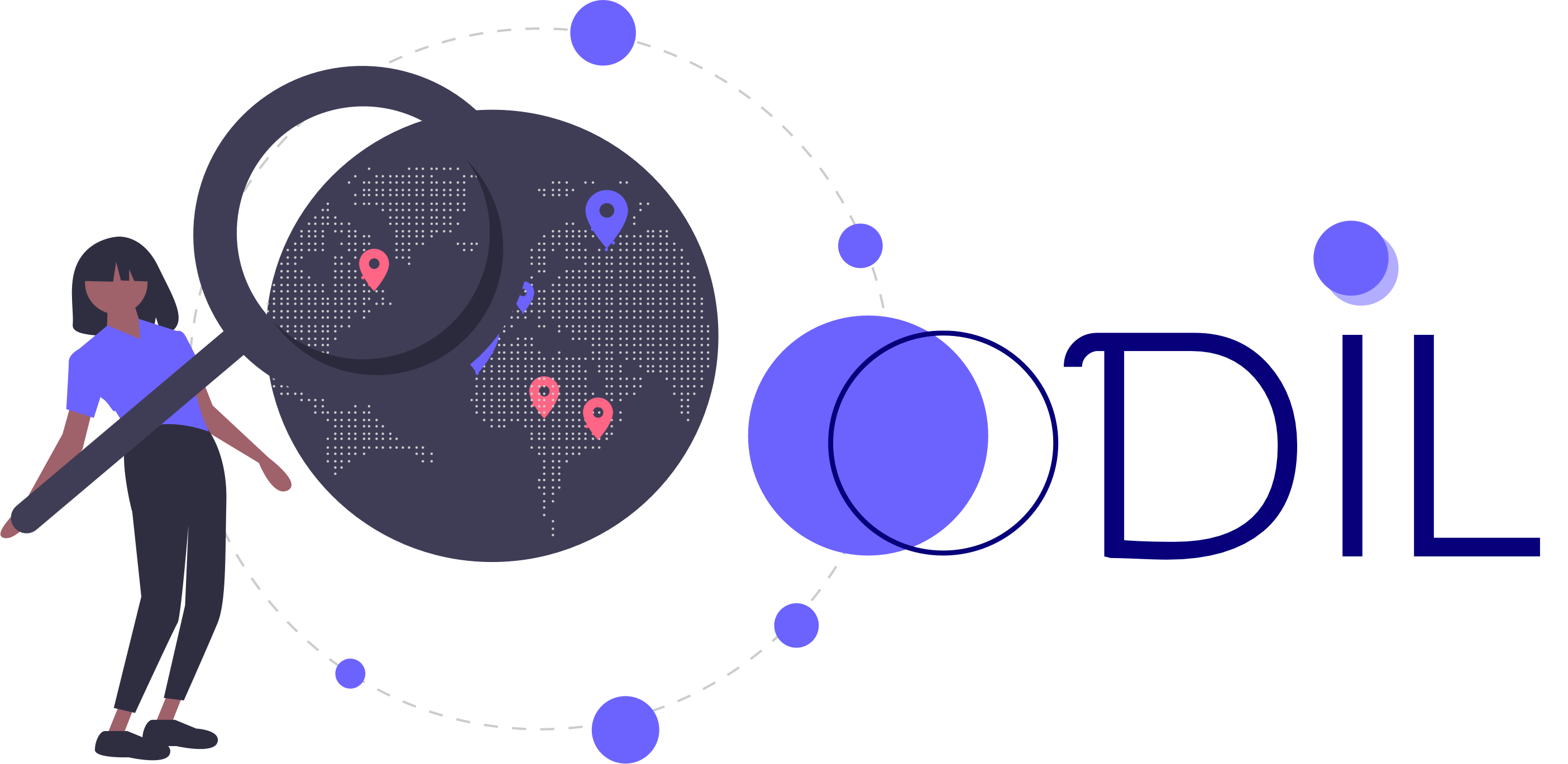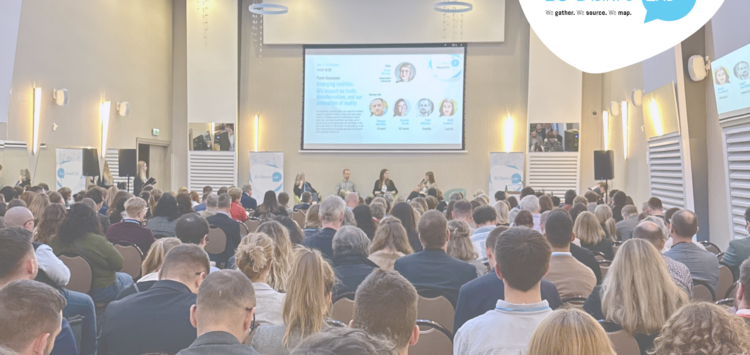The FACT bluepaper
the FACT network, a new blockchain with a token-based incentive mechanism for a decentralised global information verification system and database network. The FACT network aims to solve various challenges the information industry faces today.
In 2019, a report by the Israeli cybersecurity firm CHEQ and the University of Baltimore reveals that fake news cost the global economy $78 billion a year. Disinformation affects therefore both the economy and citizen’s lives: a study published in the American Journal of Tropical Medicine and Hygiene suggests that coronavirus-related “fake news” have caused the death of around 800 people and the hospitalisation of 5 800 individuals worldwide.
Check First (the company) has been at the forefront of the development of next-generation verification processes for small to large organisations. It is also the parent company of The FACTLab Inc. Check First is today among cutting edge companies offering verification tools and processes. Check First is also involved with policymakers helping them to support fact-checking initiatives and understand their work.
The company was formed during the pandemic as the result of a fact-checking initiative born spontaneously in France and Belgium. Its three founders met online while developing and implementing an open newsroom of fact-checkers, uniting at its peak 140 citizens, journalists and developers to collaborate on debunking Covid-19 disinformation.
The second main step of the development of Check First was the creation of a decentralised fact-checking ecosystem uniting citizens, media organisations and researchers against disinformation : Canopy. Canopy is a technological hub based on an API that allows its users to work in a transparent, collaborative, secured platform. FACT would be the third step and the achievement of the creation of a decentralised system for people who fight against disinformation.
Check First have accumulated remarkable knowledge as regards the needs of entities fighting disinformation worldwide, as founders of ODIL, the observatory of initiatives tackling disinformation in the Francophonie, an initiative of the International Organisation of the Francophonie. The observatory’s task is to list fact-checking initiatives throughout the French-speaking world in order to provide them with a network of best resources, tools and techniques.
More encouraging signals are coming from the cryptocurrency field. Coinbase has announced the launch of its initiative « Coinbase Fact Check » to combat misinformation and mischaracterisations about Coinbase or crypto being shared in the world. The release note starts as follows: “As Coinbase and the crypto economy grow, we’ve seen more interest from the media, government, and the general public in our business and in crypto overall. This increased awareness has been great. Unfortunately, we also see misinformation published frequently as well, whether in traditional media, social media, or by public figures.” Check First is sure that that those worlds (crypto economy and fight against disinformation) can be gathered and useful to one another, not only working side by side.
The academic field is also interested in the link between citizens, disinformation and fact checkers. As a matter of fact, a recent study from the MIT demonstrated how fact-checking could be scaled up using “Wisdom of crowds”. The outcome is that small groups of laypeople can match professional fact-checkers when evaluating URLs flagged for checking by Facebook. It means that citizens have their say on the information they see, and how it is presented. That constitutes another reason why we firmly believe there is a need to gather stakeholders in a same secure environment, working in collaboration.
Saying that, it is not unrealistic to associate media and blockchain, as some experiences have proven it right. The Associated Press, for example, used the blockchain technology during the last US presidential elections. AP used Everipedia’s OraQle software to publish U.S. election race calls. This project has used the blockchain technology behind the scenes for its own application programming interface (API). This usage of the blockchain allowed anyone tapping into the official AP results to verify their accuracy and traceability by storing immutable data on the blockchain while creating a new revenue stream for themselves. It is more than encouraging to see a news agency using blockchain technology to assess the very fondation of a democracy: election results.
Other media organisations also delved into blockchain technology at the service of the fight against disinformation like the New York Times (associated with IBM). With the News Provenance Project, they focussed on visual assets, comparing the content of a media to a database of pictures stored on the blockchain with their associated meta data. On the same field, the BBC, CBC Radio-Canada, Microsoft and the NYT again, have created an end-to-end process for the publication, distribution and presentation of provenance enhanced media based on blockchain technology: Project Origin.
Lastly, we can learn from very early projects like Civil, a “blockchain-backed attempt to nurture nascent digital news sites” which didn’t reach its goals but provided the community with insightful lessons.




